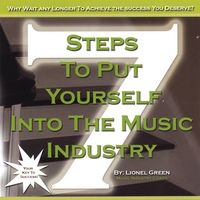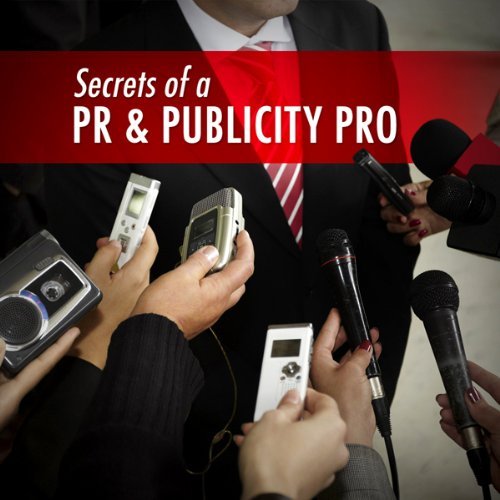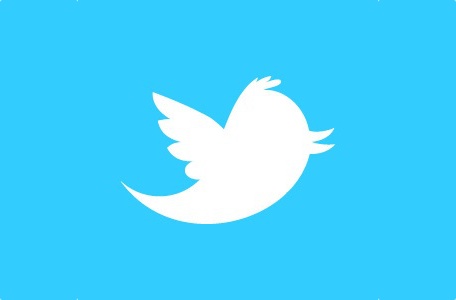Booking your first tour
There are a lot of reasons why artists fear that their first tour may be unsuccessful. Booking your first tour involves a lot of decision-making, planning, and use of different resources that will ultimately make or break you while you’re on the road. There are many things you need to look at as an artist, and many questions you have to ask yourself about the packaged medium as a whole. Merchandise like T-shirts always plays a huge role in these endeavors, and can make the difference between profiting or not after the door money is split and allocated. The truly successful tour involves planning a few off nights, and a consistent flow of gas money in between it all. Technology is there to help you but the need to experiment in your hometown and make sure that your craft is up to par is more important than ever. You can come back home in the van successful, but there are a couple different ways to go about it that have become more important than ever.
Where to begin
While still in your hometown, there are a few things that are going to play themselves out no matter where you perform down the road. You have to sit back and watch the future of your band as it relates to the big picture, before you get so eager to book a tour that no one shows up. As if we even had to mention, the quality of recordings is a big factor in the beginning of your journey. The way that the cookie really crumbles still begins with your hometown. Once your professional demos are recorded, you spread them around your hometown and wait for a gig – be proactive of course! Yes, you will play weeknights. If you sound good and have SOME of your friends there buying drinks and generally responding, the owner will take note. It’s not a time to act on impulses, or be full of yourself. Once you land weekend shows on the nights that draw crowds, then its really time to shine. You have to pay attention to your performance craft, social media skills, and how many people you get in the door.
While you are becoming a shining star in your local realm, that is when you hop on the laptop and boost your nationwide presence. Entities like Spotify and Pandora do help, as far as targeting cities with your Facebook page and adding friends. A good rule of thumb from industry professionals is starting this process five to six months out. Building your fan base is not an overnight process. Crafting a great relationship with fans and local venues can be done – but don’t get desperate. We have all seen the social media posts that beg “ looking for a show and place to stay; please help!” To completely play devil’s advocate, these posts can work when you’re in a pinch, but are not recommended. In the current climate, adding followers on social media from the towns you want to play in is your single biggest advantage. You never know when someone is just going to listen to your Soundcloud samples and tell you that they have a venue ready to go, and perhaps even a guarantee arranged for you at the door.
Getting started
One of the best tips we have to offer is within the realm of social media. When you have pounded the pavement hard, and we mean really hard, your most organic and loyal contact may be right around the corner. When you are getting ready to book a nationwide tour, the thing you need to understand most is within the realm of social media. Inviting people to like your page is many times more efficient than the show flyer was years ago. You definitely need to announce when you have events happening, and make people aware of your performances. But as we have tracked data regarding marketing and web presence lately, we can vouch that blanketing all areas you want to perform in prior to securing a performance date is essential.
Weekdays vs Weekends
What really happens in this process? After you add social media contacts in the cities where you want to tour, a lot of seeds get planted. What you are really hoping for is someone who is knee deep in the scene and that has a lot of contacts turns a lot of their friends on to you music with a share. Once this happens, users are listening to your tracks and waiting for you to come to their city. After this occurs, there are a lot of other factors that weigh in on an equation that defines your ultimate success. One thing to prepare for is the way that venues may behave towards you and your craft if you choose to play there on any night before a Thursday. Most of the time Mondays and Tuesdays are reserved for open mic nights, perhaps a local band here and there, or a national touring act if they are a fairly recognizable band. When you embark on the journey of playing venues on these “off nights” there are many things that can happen.
When you are playing a venue on an off night, direct your attention toward the people in the venue – they’ll most likely be your new and existing fans. Put your friendly face on, and know that getting people in the venue are the prime factor in your success. Being polite, approachable, and low key are the main factors here. When you reach success in your hometown and have to travel the entire nation in a bus or van, there’s going to be a few nights that may not work out as intended. Be polite, aware, and humble than ever.
The biggest mistake you can make in these situations is getting out of your van with a Friday night attitude, as if you are a star athlete or performer that can turn the town upside down. These are nights that the bar has to open to stay in business, and you don’t want to demand too much. Guest lists, free drinks and food? Toss them out of your rider or wish list, because they aren’t going to take place. Thank the venue much over the microphone, put forth a grateful vibe, and know that weeknights generally draw a smaller crowd than weekends. One strategy that can overcome this claim and make them great: spend time making friends with the best local bands in the area and inviting them to open up for you.
Tour routing
Industry professionals say to spend about in hour in stops for every five hours of driving, and to spend around 6 to 8 hours driving on an off day. Routing is the most important part of booking a tour, and coordinating what cities you want to visit. If crossing the entire nation, there are some zones in the Midwest where you have to drive ten hours perhaps to a show. If you hit Austin, Texas or a place like Nashville, you’re going to want to do it later in the week. With social media and the reaches of the Internet, once you do get large and noticed there are obvious perks. Your ultimate goal as a touring band is to be the opening act for a much larger and well-known entity. This could take years, and once you accomplish it, their booking and promo managers do a lot of the leg work, as long as you show up polished, sounding good, and engaging the audience.
What about tour expenses?
If you are on your own label and fronting expenses, gas is going to be an issue. The van simply will not propel itself forward without fuel. Calculating costs per mile is a huge benefit when you are on the road, especially when you are taking a cut of the door and have a sense of uncertainty about the tour. Another tip we have heard a lot lately in many circles is to not be afraid of the phone. Some venues that totally go off and have high attendance have a web presence and email, but may still need to be contacted by phone. An email with your sound links and asking availability usually suffices, but some venues get enough requests that they don’t always answer your email. When planning your nationwide itinerary, it’s good to be pushy but still optimistic. It’s fairly easy to find the best venues on social media outlets, and your goal is to line them up in a manner that steers the van clear of ill fate and low turnouts. With some common sense, constant friend adding, and great performance on stage, all its going to take is a couple of photographers circulating your goods to fans and the next tour will be right around the corner.







